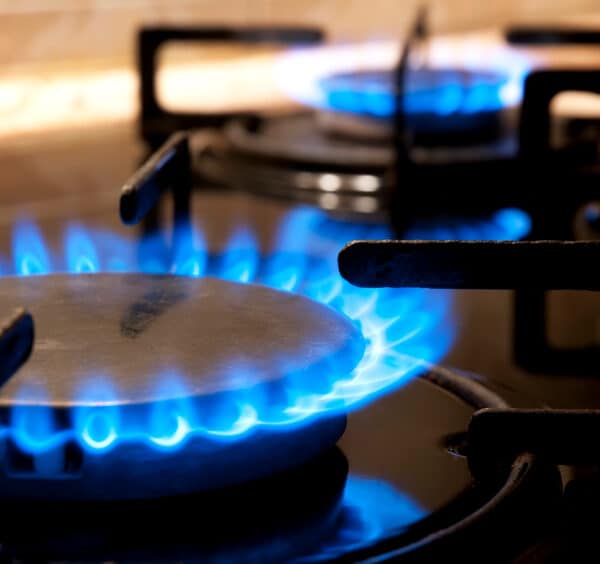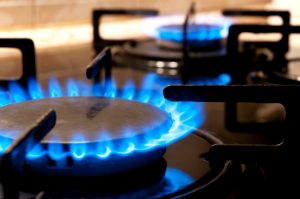Within most premises there are gas appliances. When used correctly gas is a very efficient source of fuel; it is also hazardous and can cause death. The business must ensure that gas safety is managed carefully.
Instruction, information, training and supervision
Gas inspections must only be undertaken by competent gas engineers. All healthcare services MUST check that gas engineers are on the Gas Safe Register, which is the official gas registration. By law, all gas engineers must be on the Gas Safe Register and be qualified to work with gas.
When the business requires a gas engineer then the following must be done:
- Check that the engineer is Gas Safe registered
- Check their Gas Safe Register ID card before letting them onto the premises
- A Gas Safe registered engineer can be checked 24 hours a day, seven days a week
Good ventilation
Check every room with gas appliances in the building is adequately ventilated. Don’t block air inlets to prevent draughts, and don’t obstruct flues and chimneys. There must be good ventilation for gas appliances to allow them to burn.
Gas management
The business should have an evacuation policy for all emergencies, including a gas leak. If a member of staff suspects a leak, then the business must turn off the gas supply and immediately call the National Gas Emergency Service. If in doubt, evacuate the building and inform the police as well as the National Gas Emergency Service. The business must not turn a gas supply back on until a leak has been dealt with by a competent person.
Maintenance of gas boilers
The maintenance of gas boilers and other gas appliances must be carried out by a competent engineer. The business must ensure that all gas appliances, including boilers, gas cookers and gas fires, are checked annually.
Monitoring and inspection
The business should have gas inspections documented on the schedule of inspections to ensure they are checked regularly.
Near misses, incidents and dangerous occurrences
If there is a smell of gas or any other gas incident then it must be recorded and investigated.
Gas-related injuries and hazards
Under section 11 of the Reporting of Injuries, Diseases, Dangerous Occurrences Regulations 2013 (RIDDOR) the following applies to gas:
11.—(1) Where a conveyor of flammable gas through a fixed pipe distribution system, or a filler, importer or supplier (except by retail) of a refillable container containing liquefied petroleum gas, receives notification of the death, loss of consciousness or taking to hospital of a person because of an injury arising in connection with that gas, that person must—
(a) notify the Executive of the incident without delay; and
(b) send a report of the incident to the Executive in an approved manner within 14 days of the incident.
(2) Where an approved person has sufficient information to decide that the design, construction, manner of installation, modification or servicing of a gas fitting is or could have been likely to cause the death, loss of consciousness or taking to hospital of a person because of –
(a) the accidental leakage of gas;
(b) the incomplete combustion of gas; or
(c) the inadequate removal of the products of combustion of gas,
The approved person must send a report of that information to the Executive in an approved manner within 14 days of acquiring that information.
HSE – RIDDOR 2013
Summary
In summary the following is required in gas management:
- Use a competent engineer to install, maintain and repair all gas appliances
- Ensure that all gas pipework, appliances and flues are well maintained
- Check that all rooms with gas appliances have adequate ventilation
QCS Policies
QCS has guidance and policies to support your service in meeting the requirements of health and safety.
References
legislation.gov.uk – The Reporting of Injuries, Diseases and Dangerous Occurrences Regulations 2013







